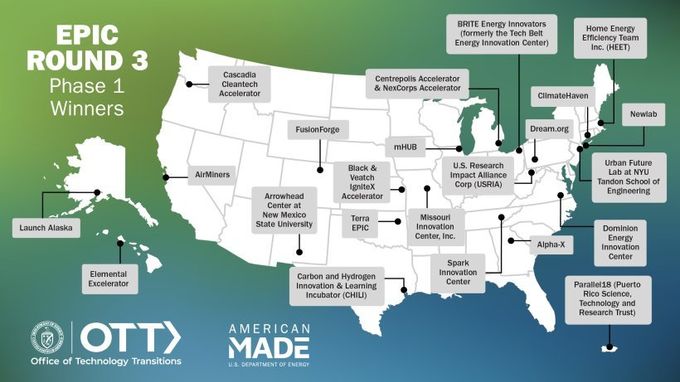ExxonMobil officially pauses plans for $7B Baytown hydrogen plant
Change of Plans
As anticipated, Spring-based oil and gas giant ExxonMobil has officially paused plans to build a low-hydrogen plant in Baytown, Chairman and CEO Darren Woods told Reuters in late November.
“The suspension of the project, which had already experienced delays, reflects a wider slowdown in efforts by traditional oil and gas firms to transition to cleaner energy sources as many of the initiatives struggle to turn a profit,” Reuters reported.
Woods signaled during ExxonMobil’s second-quarter earnings call that the company was weighing whether it would move forward with the proposed $7 billion plant.
The Biden-era Inflation Reduction Act created a new 10-year incentive, the 45V tax credit, for production of clean hydrogen. But under President Trump’s "One Big Beautiful Bill Act," the window for starting construction of low-carbon hydrogen projects that qualify for the tax credit has narrowed. The Inflation Reduction Act mandated that construction start by 2033. But the Big Beautiful Bill switched the construction start time to early 2028.
“While our project can meet this timeline, we’re concerned about the development of a broader market, which is critical to transition from government incentives,” ExxonMobil Chairman and CEO Darren Woods said during the company’s second-quarter earnings call.
Woods had said ExxonMobil was figuring out whether a combination of the 45Q tax credit for carbon capture projects and the revised 45V tax credit would enable a broader market for low-carbon hydrogen.
“If we can’t see an eventual path to a market-driven business, we won’t move forward with the [Baytown] project,” Woods said.
“We knew that helping to establish a brand-new product and a brand-new market initially driven by government policy would not be easy or advance in a straight line,” he added.
ExxonMobil announced in 2022 that it would build the low-carbon hydrogen plant at its refining and petrochemical complex in Baytown. The company has said the plant is slated to go online in 2027 and 2028.
ExxonMobil had said the Baytown plant would produce up to 1 billion cubic feet of hydrogen per day made from natural gas, and capture and store more than 98 percent of the associated carbon dioxide. The plant would have been capable of storing as much as 10 million metric tons of CO2 per year.
---
This article originally appeared on EnergyCapitalHTX.com; it was updated to include new information about the plant in December 2025.

 The DOE's OTT selections are nationwide. Photo via energy.gov
The DOE's OTT selections are nationwide. Photo via energy.gov Apple doubles down on Houston with new production facility, training center Photo courtesy Apple.
Apple doubles down on Houston with new production facility, training center Photo courtesy Apple.